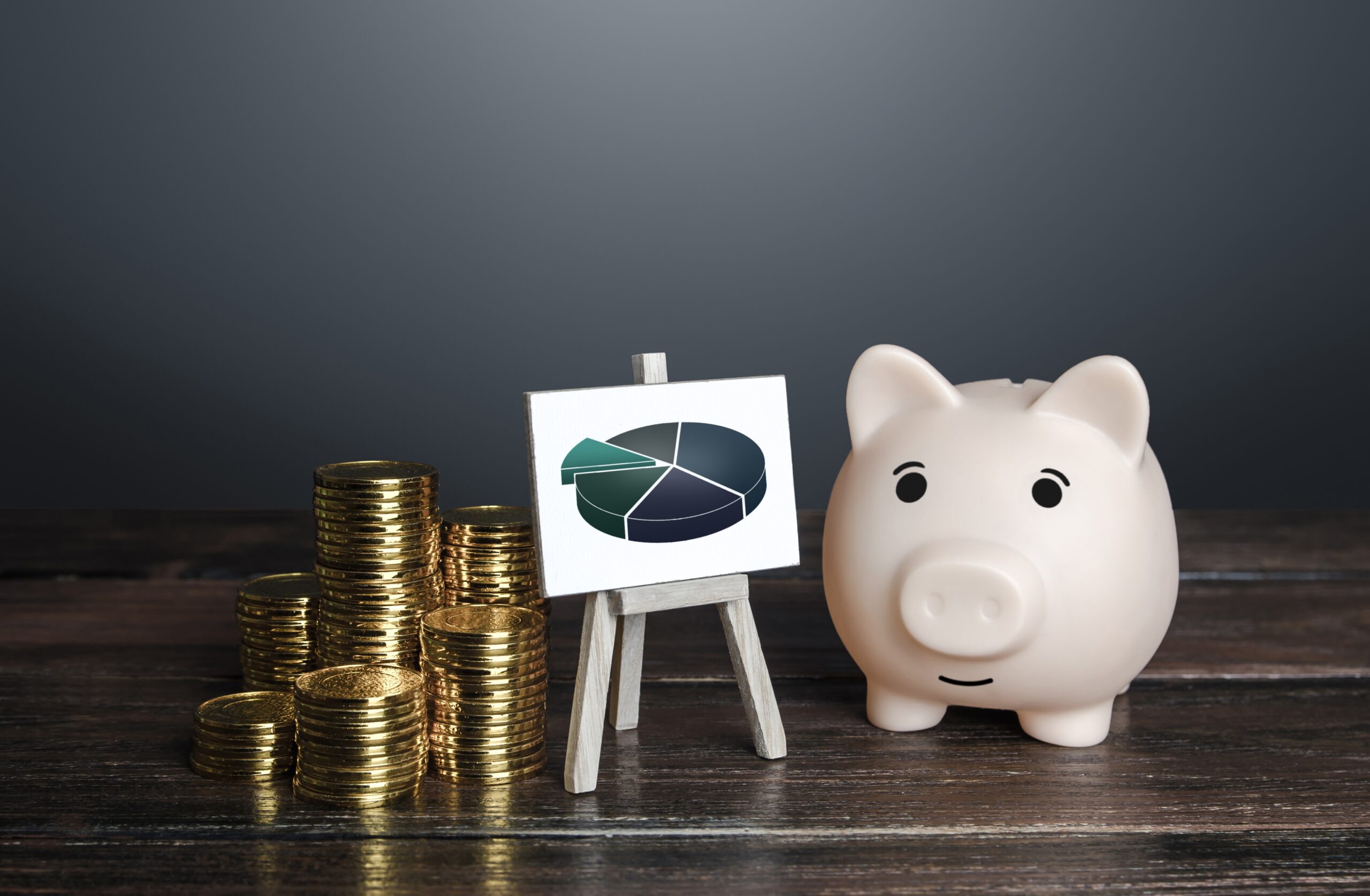How to Create a Personal Budget That Works in Nigeria – A no nonsense playbook

You need a budget that fits Nigeria, not a spreadsheet made for someone in a different economy. A Nigerian would say, “na craze Dey cure craze”. If this economy is going hard on you, you also need to go hard on the economy.
This article is your compact, practical, “no time to waste time” playbook , citing real examples, copy-and-use budgets for popular salary bands, 30-day actions, and what 2025’s policy changes mean for your wallet.
Quick context that matters (2025)
- Inflation is easing but still high
- CBN cut the policy rate in Sept 2025 to 27.00%, which will affect savings yields and loan pricing this year.
- The Nigeria Tax Act (2025) changed capital gains and tax treatment for some assets; Check tax rules before big moves.
The money rules that actually work
Remember, we are not here to play. You have to treat these as non-negotiables.
- Pay your future self first, automate savings for payday.
- Budget to realistic categories, essentials, stability, and lifestyle.
- Build “sinking funds” for billings (weddings, funerals, school terms, black tax ). Do not go above the limit you’ve set.
- Indicate your food and transport lines, follow up when prices rise.
- Use short-term market instruments to beat inflation for your emergency fund.
Are we good to go? At this point, the response should be “Aye, Aye, Captain”.
The 30-Day Budget Playbook
Week 1 — Telling yourself the truth and setting up!
- Day 1: Calculate your true monthly take-home salary after all your “many-many” deductions (tax, pension ,NHIA). Write it down! Yes, write it.
- Day 2–3: Track every naira for 3 days (open the bank statements and see what you have done— confront the receipts, transfer screenshots). Be brutal, the economy is not smiling.
- Day 4: List ALL monthly costs Don’t forget “small” things that indiscipline makes you purchase too— the extra data you don’t need, the Suya you purchase despite having food at home and all your “I only live once” expenses.
- Day 5–7: Pick a permanent savings target (start 10% of income) and open a locked savings account or set a standing order.
Week 2 — Build a simple budget
(You safely arrived here, you can breathe a little — just a little. Okay?)
- Choose one of the templates below that matches your income. Fill every number, no blanks.
- Move your savings instantly (automate it, bro! Sis! ). If you earn cash, deposit into a separate account the same day. I know you, dead that procrastination idea. Deposit immediately.
Week 3 — Protect and automate
- Turn on autopay for major bills where possible (rent,electricity ).
- Create three pots: Emergency, Sinking funds (events), Growth (investments).
- For your sinking funds — dear human that has turned into a charity organization, do not give to your own detriment. Learn to say No! Learn to say “I can’t afford it, I’m sorry”.
- Trim two small leakages (one subscription, one daily habit). Keep the saved money in your emergency or vex-money pot.
Week 4 — Review and freeze
- At month end, compare your budget vs what you actually spent. Adjust amounts that were missed. Forgive yourself if you betrayed yourself— if you like .
- Freeze the budget for 30 days; only tweak if your income changes or an emergency hits.
Three ready-to-use budgets (copy these and tweak to your likening)
1) Micro income — Monthly take-home: ₦50,000
(especially students— you, you will save. You’ve been caught in 3D)
| Item | % | ₦ |
| Rent / Housing | 32% | 16,000 |
| Food | 26% | 13,000 |
| Transport | 10% | 5,000 |
| Utilities / Airtime | 8% | 4,000 |
| Sinking fund (church, ceremonies) | 8% | 4,000 |
| Emergency / Savings | 6% | 3,000 |
| Small treat / Others | 10% | 5,000 |
| Action: Automate ₦3,000 into a locked savings every payday. |
2) Middle income — Monthly take-home: ₦150,000
(Aunty oni small business, Uncle Boss, CEOs — step forward)
| Item | % | ₦ |
| Rent | 20% | 30,000 |
| Food | 20% | 30,000 |
| Transport | 8% | 12,000 |
| Utilities / Airtime | 5% | 7,500 |
| Savings / Emergency | 15% | 22,500 |
| Retirement / Investment | 10% | 15,000 |
| Sinking fund (events, school) | 7% | 10,500 |
| Debt repayment | 5% | 7,500 |
| Lifestyle / Fun | 10% | 15,000 |
Action: Put some into a long-term investment (mutual fund or fixed deposit).
3) Higher/dual income — Monthly take-home: ₦400,000
(senior staff, small company owner, our Ogas)
| Item | % | ₦ |
| Rent / Mortgage | 15% | 60,000 |
| Food | 15% | 60,000 |
| Transport | 5% | 20,000 |
| Utilities | 4% | 16,000 |
| Savings / Emergency | 20% | 80,000 |
| Investment / Retirement | 20% | 80,000 |
| Sinking fund | 5% | 20,000 |
| Business reinvestment | 5% | 20,000 |
| Lifestyle / Short breaks | 11% | 44,000 |
Action: Use payroll deduction or standing orders to fund emergency + investments, purchase bonds, T-bills and high end investments.
Behavioural tricks that actually stick
- The 72-hour rule: For non-essential purchases above ₦5,000, wait three days before buying. If you still really really want it— do what you feel is right.
- Two-account trick: One current account, one locked savings with no debit card. Cold turkey.
- Public commitment: Tell one friend your target and give weekly updates. Shame is also powerful.
- Reward micro-wins: Every 3 months hit a small target? Treat yourself modestly. Modestly! Again, modestly!
Final pep talk
Your budget shouldn’t be a punishment. It’s a reward . Let your money obey rules you set, not the other way round.



















